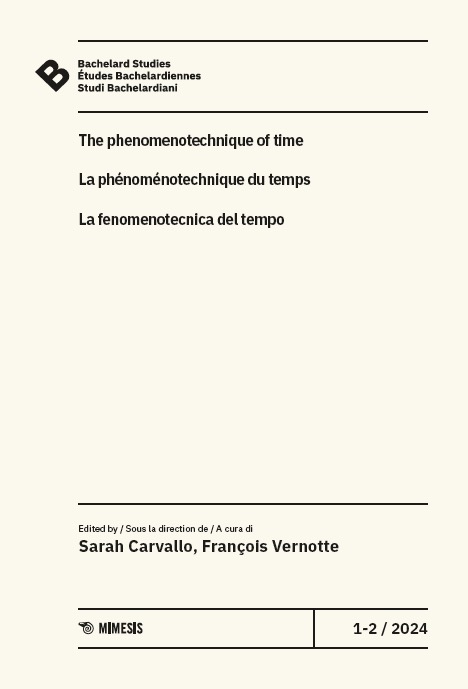Abstract
Starting from the thesis that there is a dialogical conception of thought that runs through all of Bachelard’s work, it will be a question of experimenting to take seriously the centrality of the concept of the school in its epistemology. In this sense, we will try to show: 1) how, in the sciences, the dynamism of a dialogical, polemical reason open to novelty is opposed to a foundationalist strategy of the Cartesian type; 2) how scientific reason is, for Bachelard, absolutely produced by the school; 3) how the school, and the “cogito of mutual obligation” that it activates, are also the structuring determination of the “scientific city”, 4) how the school and the scientific city both have a transcendental function as conditions of possibility of scientific knowledge; 5) how the school, as memory of the past and guarantor of scientific novelty, is the only universal institution capable of overcoming the irreversibility of human time.
It will then be a question of showing that the school presupposes a discontinuous metaphysics of time and, in addition, that the Bachelardian theory of the atom of time as a “pure event”, makes it possible to understand why, and how, novelty is possible, not only in science, but also in life. This means that I would say very little about cosmic, astronomical, physical time. But I would like to say a few words about human time.

